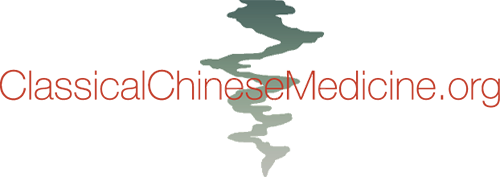Chinese Symbol Science: A Pathway to Clinical Practice
WITH HEINER FRUEHAUF
INTERVIEW BY BOB QUINN
One question students and practitioners of Chinese medicine frequently ask Heiner Fruehauf, "How does one translate the symbolism and cosmology inherent in classical Chinese medicine into a modern clinical practice?" This article is a recent dialogue between Heiner and his colleague Bob Quinn where they discuss the role of ancient cosmology, symbolism and dreams in the context of clinical diagnosis and treatment. (August 2022)
